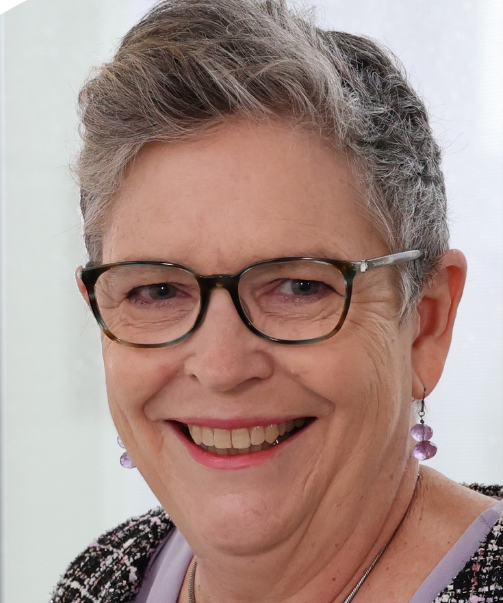
Prof Fran Boyle
A plunge in cancer diagnoses during the current COVID-19 outbreak centred on NSW is likely to set off a tsunami of new cases later this year for an already taxed oncology workforce, according to COSA President Professor Fran Boyle.
The drop stems from a halt in state-sponsored cancer screening programs such as BreastScreen, as well as patients’ reluctance to attend GP clinics for face-to-face consultations during the pandemic.
“Our concern at the moment is that optimal care of cancer patients involves a pathway that comes through screening for many cancers, not just breast cancer,” Professor Boyle said.
The Sydney medical oncologist is calling for a change in approach to minimise disruptions, firstly by classifying cancer screening as a necessary service on par with cancer treatment.
“We would like to see cancer screening designated as an essential service. Cancer treatment is, but not screening. That means that whenever there is a problem in the health service, you can take staff away and use them for other things, and they can’t do the job they were meant to do.”
BreastScreen NSW, which normally provides free mammograms to more than 550,000 women aged between 50 and 74 each year, has been effectively shut down since late June, with staff redeployed for COVID-related duties.
MBS data for the April-June quarter show cervical screening tests in NSW plunged by two-thirds to 34,385, from 111,000 a year before.
Professor Boyle says the experience of the pandemic highlights an opportunity to promote self-administered PAP smears.
“If people are not going to their GPs because they are scared, cervical cancer screening drops off. This raises the question of whether home collection of PAP smears would be a good answer. That might be something that could emerge from this”
Conversely, against the fall in breast and cervical cancer tests, an increased uptake of FOBT screening showed that people were concerned about monitoring their health.
Bowel screening bucks the trend
“Oddly enough, this time, bowel screenings seem to have gone up. The silver lining is people are using their Faecal Occult Blood Tests because they can do it at home, and I’m told by the Cancer Council the test rate has improved,” Professor Boyle said.
“However, the block then becomes getting a colonoscopy. Many colonoscopy units have been shut down.”
Meanwhile, plans for a fourth national cancer screening program – for lung cancer – have been shelved. A scoping study on low-dose computed tomography targeting high-risk patients was to have got under way in July.
The extent of the COVID-related impact on cancer presentations is hard to measure, partly because staff at state-based cancer registries have also been redeployed to work in COVID roles such as contact tracing, Professor Boyle told the limbic.
“I think the stats were that over last year’s lockdown there was about a 20% reduction in cancer diagnoses. We have yet to see what this one will be, but I am sure it will be just as bad.”
International experience showed that delayed diagnoses led to patients presenting with more advanced tumours and needing more intensive treatment. For a breast cancer patient, it could mean the difference between having a lumpectomy and needing chemotherapy and a mastectomy.
“There is no reason to think Australia would be different. We just don’t have the numbers yet,” Professor Boyle said.
COSA, which represents clinicians involved in cancer care from all disciplines, would like to see more robust data reporting and real-time feedback on cancer detection emulating the surveillance on COVID, she said.
The pressure is now on to get screening services restored by November “at the latest” so hospitals can manage an expected bulge in workflow and avoid a crunch over the Christmas and summer holiday period, she added.
In dealing with the fall-out of COVID-induced delays, another issue is workforce burnout.
“Most of our staff will continue to work through this, with no holidays for two years, missing seeing their families, wearing protective equipment, undergoing extra testing, and being worried about their own health and about taking the virus home with them.
“And a Christmas tsunami is about to hit them. So the workforce is stressed, not as stressed as the ICU workforce, but the ICU workforce was ready, willing and able last year and nothing happened. But cancer just kept on going.”